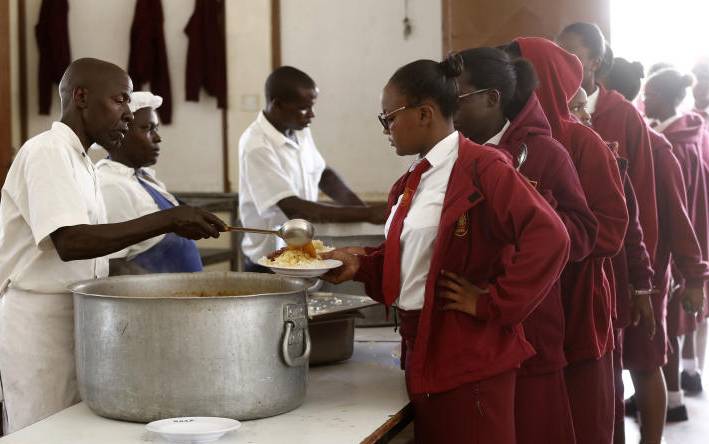×
The Standard e-Paper
Home To Bold Columnists

Huge supplies of food acquired for learners in boarding schools risk going to waste should the institutions fail to find a way to dispose of them in the coming weeks.
With the reopening of schools pushed to January 2021, several principals of boarding schools are scratching their heads on what to do with stocks.